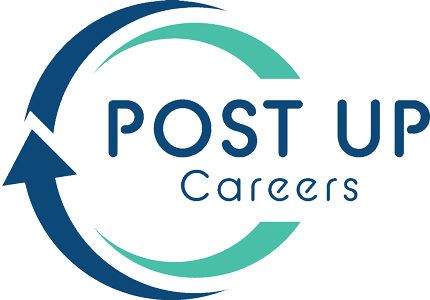It takes the average recruiter only 6 seconds to size up a resume (6 seconds!) which is why it’s critical that every word counts. And when you’re writing in succinct bullet points, what you’re saying is just as important as how you say it. Uniform and error-free writing not only makes your resume easier for a recruiter or hiring manager to understand, but it also shows that you are conscientious, pay attention to detail, and care about your job search. (Don’t say you’re detail-oriented, then submit a typo-filled resume!)
But a resume isn’t something you can easily slide through Grammarly and call it a day. There are a few resume-specific rules to keep in mind during the writing and editing process. So even if you’re planning to apply to a new job, we’re sending you back to school with these resume grammar rules.
Avoid Spelling and Grammar Errors
This is a biggie. There are some recruiters who will discount your resume the second they see a spelling or grammar error. Although it can be painful, read over your resume several times, and have a friend (or a professional) look at it, too.
Watch Your Tenses
Randomly switching tenses is another mistake that makes recruiters’ eyes hurt. As a general rule:
- Use past tense (managed, produced, organized) when describing previous jobs, completed accomplishments, etc. The bulk of your resume should be in past tense since you’ll mostly be describing past experiences.
- Use present tense (manage, produce, organize) when describing something that’s currently happening, like your responsibilities at your current job or a project you’re actively working on.
But what happens if you want to mention the sales record you broke last year for the company you currently work at? When you want to use both past and present tense under the same entry (i.e. job title) on your resume, group the present tense bullet points at the top of the entry and the past tense bullet points at the end to create a logical progression.
Avoid First Person Pronouns
As a general rule, avoid using words like “I,” “me,” or “my.” So, instead of saying “I increased the company’s social media reach by 40%,” say, “Increased the company’s social media reach by 40%.”
Use Simple Wording
You don’t need to pull out the thesaurus to prove that you’re knowledgeable – your experience will speak for itself. Using simple, easy-to-read sentences will allow recruiters to get the most out of your resume in as little time as possible (which is exactly what they want).
Whether your resume could use a slight makeover or doesn’t reflect your depth of experience anymore, look no further than our professional resume writers at Post Up. We can design a custom resume that effectively and perfectly highlights your skills and achievements and to get you noticed by recruiters. Contact us here to schedule an appointment today.





